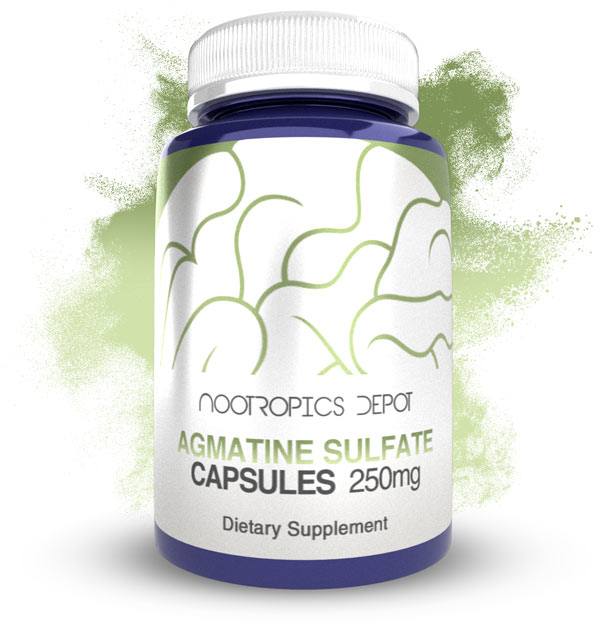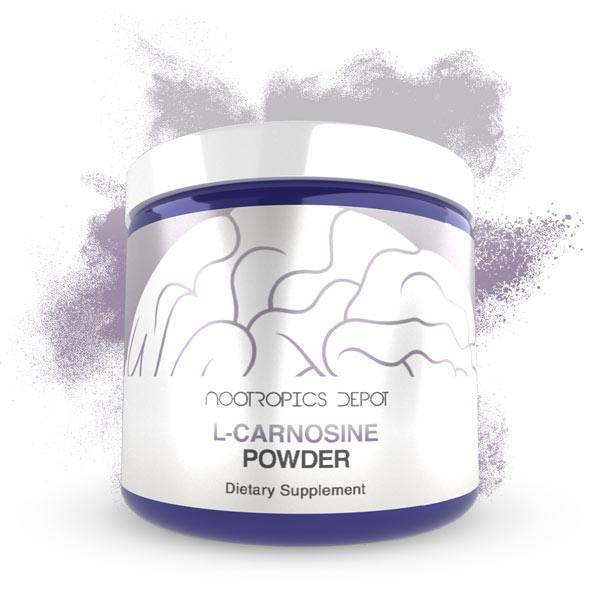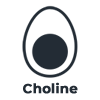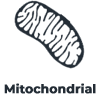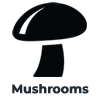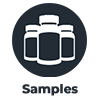When it comes to aging, the approach seems to be fairly one sided: we want to increase our lifespans. While increasing lifespan may be possible, the idea of infinitely extending it seems somewhat far-fetched. However, what does not seem far fetched is the idea of facilitating a healthy aging process, rather than trying to completely halt it. The reality is that we will more than likely never be able to fully halt aging, so why don’t we focus our efforts on aging in a sustainable manner?
Think of it like wine, there is no realistic way to fully halt the aging of wine. However, the aging process can be steered in a manner that makes the wine develop properly over time to produce new and unique flavours and textures. So much so that properly aged and extremely old wines sell for enormous amounts of money such as a 1941 bottle of Inglenook Cabernet Sauvignon from the Napa Valley which sold for a whopping $24,675 USD in 2004! That being said, if the wine is aged improperly it will simply turn into vinegar. This concept is of course only loosely related to human aging but there are still a lot of parallels that exist between the two. For example, people who play high impact sports throughout their lives have much higher incidences of knee problems later in life despite possibly living very long lives. The same goes for wine. If you excessively knock wine around, it will likely not age as elegantly as a bottle that is perfectly preserved without any major agitation. Individuals who experience large amounts of neuro-oxidative damage in specific brain areas can develop diseases that impair cognitive function despite being able to live very long lives. Again, the same goes for wine. If a lot of oxygen is getting into your wine while it is aging, it is very likely that the wine will loose much of its flavor and color.





